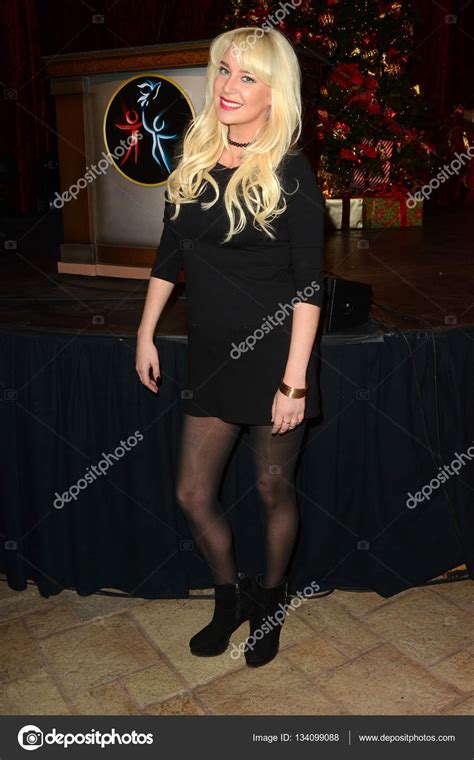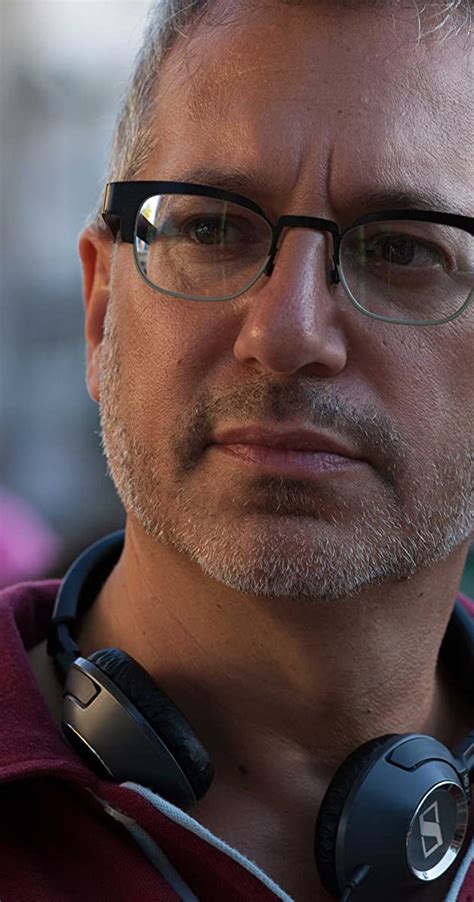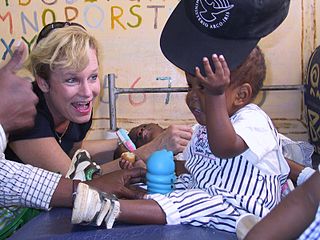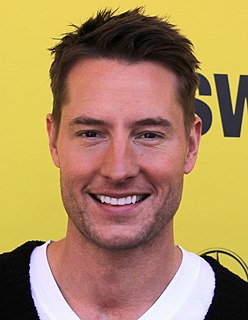A Quote by Marjorie Liu
I think we worry way too much about where books should fit inside genres. In a romance, the hero and heroine are on a journey together, and no matter how awful it gets, by the end of the book they'll be in love, with the probability of a happy ending.
Related Quotes
The love story between the hero and the heroine has to be at the center of the book. I think that's pretty true in my books. I usually write a secondary love story, with maybe nontraditional characters. Sometimes I write older characters. I'm interested in female friendships, and family relationships. So I don't write the traditional romance, where you just have the hero and the heroine's love story. I like intertwining relationships.
Of all the universal lies she accepted unquestioningly, the happy ending was the most absurd. The hero and heroine lived happily ever after, and the ending seemed indisputable, definitive. No questions asked about how long love or happiness lasts in that 'forever' that can be divided into lifetimes, years, months. Even days
I feel lucky that I read so many books as a kid because I know that no matter how much I appreciate a book now, and I can love a book very much, it's never going to be that childhood passion for a book. There's some element, something special about the way they're reading books and experiencing books that's finite.
God wants your ministry to flow from the realization that you are a beloved child of God. In that place you don’t worry too much about how people see you. You don’t worry too much about whether they’re nice or mean. You don’t even worry about whether they love you or hate you. You don’t worry because you’re simply going to love them and love Him. This comes from knowing who He is and what He thinks of you. This is what it means to grasp you are a child of God.
I mean, I think it's a two-way relationship: I think you should not have too much faith in your own rationality. You should not have too much faith in the rationality of, you know, anybody else either. We all learn together about the way the world is, and I think it's a sort of antidote to wishful thinking of all kinds.
If the book we are reading does not wake us, as with a fist hammering on our skull, why then do we read? So that it shall make us happy? Good God, we should also be happy if we had no books, and such books as make us happy we could, if need be, write ourselves. But what we must have are those books which come upon us like ill fortune, and distress us deeply, like the death of one we love better than ourselves; like suicide. A book must be an ice-axe to break the sea frozen inside us.
Cancer is too real, and too awful, and I can't make it good or magical. I couldn't even read a book where a character had cancer, for a while... But now I've reached a point where I don't think about cancer nonstop anymore, and sometimes I worry about that - I'm going to forget what I went through; I'm going to forget how horrible it was.
At 36, I think I was pretty happy [actually], but here's the thing that I think happens... you're expected to be somewhere at 36, and there's that feeling: At this particular age - especially for women for God's sake - you should have this many kids, you should have a husband, or you should have this... and it's overwhelming. So that perpetuates the feeling that no matter where you are, no matter how much money you have, no matter how many kids you have, no matter how great they're doing, whether you want kids or not, married or not, it doesn't matter - you feel behind.
In America there's a tendency to write the same book over and over because that's what sells. So in a way, my success in America has come at the expense of what I do. I haven't sold out, and I haven't taken the popular road to writing a best-selling book. I've really bucked the system. So it was necessary for me not to go and find the easy fans, the ones who want something digestible and fast with a happy ending that they can read over and over again no matter how many different books it is. I had to find fans who really wanted to think. Worldwide they all have that in common.



































